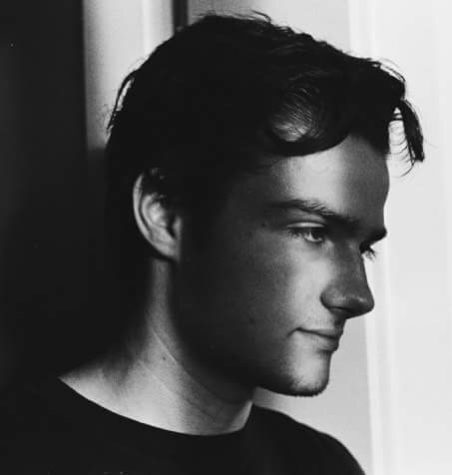Hip-Hop’s Political Path
October 5, 2017
The hip-hop community has always prided itself on speaking truth to power. However, how has this changed throughout the years? From its earliest roots, the genre dwelled heavily on social strife, everyday struggle and racial injustice. Artists like Kendrick Lamar and J. Cole continue to carry the torch, but countless others within the space have chosen to carve different routes for their sound. How has the sound changed from then to now? As is often the case, follow the money.
Rap in its earliest of stages was a genre with very little revenue flowing either in or out. Hip-hop was born in New York City during a time of extreme crime rates and financial instability. Old-school hiphop, likely for this reason, is often characterized by bare, stripped back beats made by the likes of legendary producers like DJ Premier, the RZA and Large Professor. The money simply didn’t exist for rappers to include the kinds of instrumental bombast that can be found on some modern hip-hop records.
Take Nas’s seminal debut album “Illmatic” for instance. Its hard hitting rhymes paired with jazzy yet austere rhythms make for an unforgettable record that still resonates today. This record is also undoubtedly political. The album revolves around Nas’s experiences growing up and surviving in New York City’s Queensbridge projects. Nas makes it very clear that such a lifestyle is far from easy, and this struggle fueled not only this album, but countless other albums within the genre. On this album, Nas makes heavy use of storytelling and ruthless allegory to highlight the social inequity, violence and constant paranoia that came with living in what was at the time one of the most dangerous places in the country. The album acts as a great benchmark for the state of east coast hip-hop in the early 1990s. It’s now 2017, and music has changed. Many rappers have surpassed the dreams of economic success that rappers like Nas pursued, and their focuses have unsurprisingly shifted to reflect this change.
It’s now the age of the rockstar rapper. If it feels like hip-hop is less political today, that’s because it is. While there are many musicians, like Kendrick Lamar, who keep their political message a priority, many of the artists leading the genre have shed their political vendettas in exchange for drug-addled ruminations on their fame and fortune. To be fair, this can still make for exceptional music.
A great transitory marker ushering in this era is “My Beautiful Dark Twisted Fantasy” by Kanye West. Like Nas, West started his career with a heavy political message. Songs like “We Don’t Care” and “Never Let Me Down” from his debut album “The College Dropout” feature material clearly inspired by racial issues he witnessed growing up in his hometown of Chicago. That album, along with the many that followed, sold incredibly well. “MBDTF” is his epic reflection on his established fame and status. While the album contains political messages, many of the songs on the album, like “POWER,” “Monster” and “Hell of a Life,” focus on fame and how West copes with it. The album was a watershed for the genre. West ushered in an era less obsessed with politics and more obsessed with itself, for better or for worse.
With this in mind, it’s easy to understand the shift in tone from “Illmatic” to a “MBDTF.” What drives the music of many modern day rappers, like Travis Scott, isn’t their complex social commentary, but the indescribable vibe that they curate. Unsurprisingly, Scott has taken heavy queues from artists like West. Rap music is often just as much about the mood, if not more so, than as it is about “The Message.”
Rappers like Scott, Lil Uzi Vert, 21 Savage and countless others have managed to prosper without much in the way of lyrical or political prowess. This is because they are able to appeal to a massive base of listeners that previously didn’t exist. Hip-hop has rapidly extended into suburbia. Many new hip-hop listeners are far less concerned with topics like inner city struggle, and this is reflected in the genre they consume. The lavish and extravagant lifestyles of these modern day rock stars would have been unattainable in earlier years. Their newfound listeners and wealth have clearly altered their music and in turn the genre as a whole. As is often the case with music, change in hip-hop is the only constant.
A version of this article appeared in the Thursday, Oct. 5 print edition. Email Connor Gatesman at [email protected].















































































































































